Top 15 Moneymaking Certifications For 2016

Security, Cloud, Networking Most Lucrative IT Certifications
Solution providers looking to strike it rich should pursue certifications in IT security, virtualization, cloud computing, business and networking.
That’s according to information gathered for the 2016 IT Skills and Salary Survey, conducted by Cary, N.C.-based business training and certification company Global Knowledge. More than 10,000 people responded to the survey.
All but two of the top 15 certifications pay more than $100,000, and the two that don’t are less than a thousand dollars shy. And a certification that didn’t even make last year’s list is now at the top of the pack thanks to its skyrocketing rise in popularity (certifications must have at least 100 responses to be included on the list).
Below are the best-paying certifications of 2016.
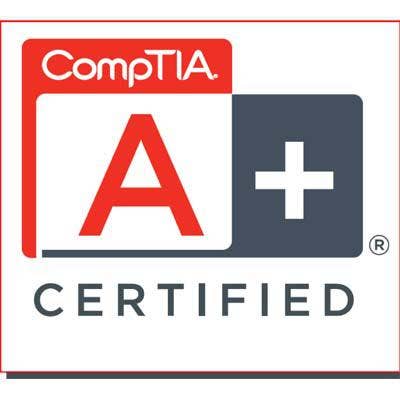
Honorable Mention: CompTIA, Cisco
Popular entry-level certifications are the building blocks to financial fortune and provide an ideal jumping-off point for the specialized, higher-level certifications that enable partners to really rake in the dough.
Counting up from five in terms of popularity is the Cisco Certified Network Professionals (CCNP) routing and switching certification, which pays an average of $95,881 and was held by 292 respondents last year; CompTIA’s Security+ at $81,467 and 903 respondents; and CompTIA’s Network+ at $74,828 and 1,200 respondents.
The Cisco Certified Network Associate (CCNA) routing and switching was the runner-up with an average salary of $79,942 and 983 respondents last year. And taking the crown is CompTIA’s A+ certification, a broad-based foundational certificate, with an average salary of $72,546 and 1,628 respondents.
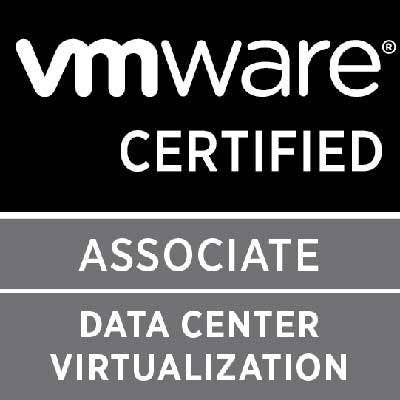
15. VMware Certified Professional 5 - Data Center Virtualization
Holders of the VMware Certified Professional 5 - Data Center Virtualization (VCP5-DCV) certification bring in an average salary of $99,334, up from $94,181 last year, according to the Global Knowledge survey.
VCP-DCV certifies knowledge of, and ability to perform, basic deployment and administration of vCenter and ESXi.
DCV is the largest and oldest of the VCP tracks, Global Knowledge found. VCP was changed several years ago from a single certification to multiple tracks as the VMware product portfolio expanded.
A 2014 VMware policy requires VCPs to, every two years, either recertify their current track, take an exam in another VCP track or take a higher-level exam to maintain their certification. And with the release of vSphere 6, becoming certified now requires both a Foundations exam applicable to all tracks and a track-focused exam.
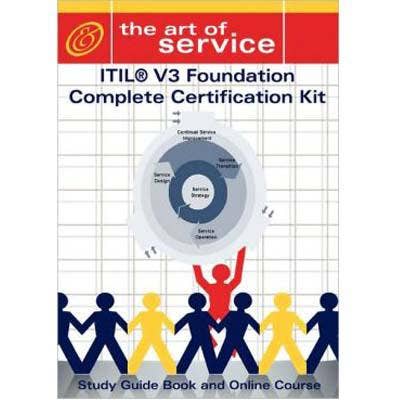
14. ITIL v3 Foundation
According to the survey, holders of the ITIL v3 Foundation certification bring in an average salary of $99,869, up from $95,434 last year.
The broad-based certification covers everything from availability and capacity management to change and incident management to application to IT operations management.
This is the entry-level ITIL certification and provides an understanding of the IT life cycle and the concepts and terminology surrounding it. Anyone wishing for higher-level ITIL certifications must have the v3 Foundation level first.
ITIL was created by England’s government in the 1980s and has, over the past three decades, become the most widely used framework for IT management in the world.
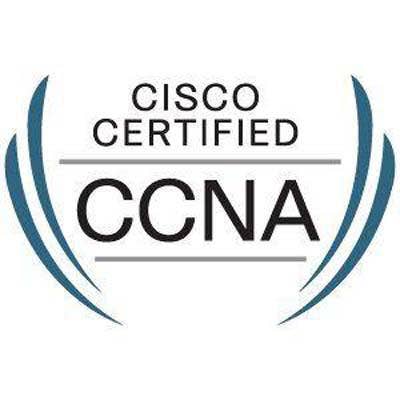
13. Cisco Certified Networking Professional (CCNP) Security
Holders of the Cisco Certified Networking Professionals (CCNP) Security certification bring in an average salary of $101,414, down from $105,319 last year, according to Global Knowledge.
Certificate-holders are required to pass four security implementation exams covering secure access, edge network security, secure mobility and threat control.
The secure access exam focuses on identity management and threat defense; the edge network security exam covers firewalls, network device hardening and cloud security; the secure mobility exam covers remote access and site-to-site VPNs; and the threat control exam covers a wide range of devices and how to design secure Web, email and general application solutions.
Prerequisites for this certification include either the Cisco Certified Network Associate (CCNA) Security or any Cisco Certified Internetwork Expert (CCIE) certificate.
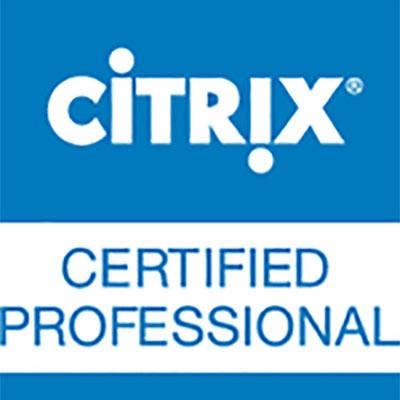
12. Citrix Certified Professional - Virtualization
Holders of the Citrix Certified Professional-Virtualization (CCP-V) certification bring in an average salary of $102,138, up from $97,998 last year, the survey found.
CCP-V certifies that a person can deploy applications and virtual desktops using a variety of Citrix technologies such as XenDesktop 7, XenServer and NetScaler.
It requires that candidates have already earned Citrix Certified Associate-Virtualization (CCA-V) certification and, in November 2014, replaced Citrix Certified Enterprise Engineer (CCEE).
The CCP-V certification is valid for three years.

11. Six Sigma Green Belt
Holders of Six Sigma Green Belt bring in an average salary of $102,594, according to Global Knowledge’s survey findings, up from $101,038.
Six Sigma is a process of analyzing defects in a production or manufacturing process, with an emphasis on measuring defects, analyzing why they are occurring and fixing the issue. There’s one version of Six Sigma that focuses on improving existing processes and a slightly modified one for new processes or major changes.
Many universities and for-profit groups offer Six Sigma training since it isn’t owned by any standards organization. There is also no standard certification exam, meaning the specific skills and level of mastery can vary depending on the organization or certifying company.
Green Belt is the entry-level Six Sigma certification.
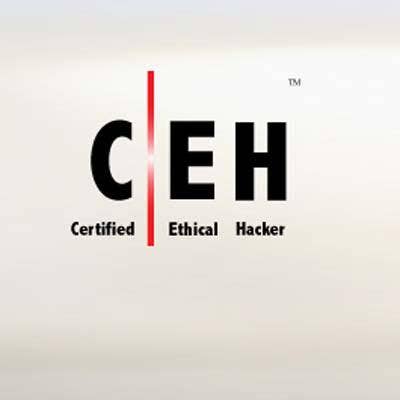
10. Certified Ethical Hacker
Holders of the Certified Ethical Hacker (CEH) certification bring in an average salary of $103,297, according to the survey, up from $95,155 last year.
Created and managed by the International Council of E-Commerce Consultants (EC-Council), the certification tests the ability of IT professionals to prod for holes, weaknesses and vulnerabilities in an end user’s network defenses using hackers’ methods. While a hacker would be interested in causing damage or stealing information, a CEH would be interested in fixing the deficiencies found.
CEH exam topics include scanning networks, malware threats, session hijacking and denial of service.
The need for CEHs in quite high, according to Global Knowledge, given the volume of attacks, amount of personal data at risk and possible legal liabilities.

9. Cisco Certified Design Professional
Holders of the Cisco Certified Design Professional (CCDP) bring in an average salary of $105,088, according to the survey, down from $111,295 last year.
This professional-level certification is intended for senior-level architects who want to design more advanced network topologies and services.
Individuals who receive the certification must be familiar with the technologies associated with switching and routing, and must be able to design for large data centers, high availability, small and large multisite campus networks, edge connectivity with other networks, and use network virtualization technologies.
Three exams are required for this certification, two of which focus on routing and switching while the third focuses on architecting. Two implementation exams are also required for this certification.

8. Cisco Certified Network Associate Data Center
Holders of the Cisco Certified Network Associate (CCNA) Data Center bring in an average salary of $107,045, according to Global Knowledge’s survey, up from $94,803 last year.
Cisco’s data center certification track was introduced in 2012 and focuses on technologies such as networking, storage, compute, virtualization and network services.
Achieving CCNA data center certification requires passing two exams, the first of which focuses on networking aspects such as configuring and verifying Nexus technologies, VLANs and coming up with an IP address scheme. The second exam primarily covers unified computing, virtualization and storage networking.
CCNA Data Center is a great place to begin certification, according to Global Knowledge, due to the breadth of the exam and widespread use of Cisco technologies.
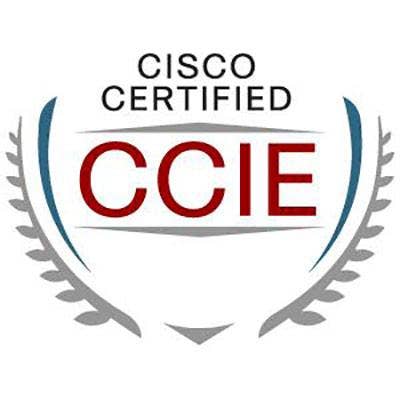
7. Cisco Certified Internetwork Expert Routing and Switching
Holders of the Cisco Certified Internetwork Expert (CCIE) Routing and Switching certification bring in an average salary of $112,858, according to Global Knowledge’s survey, down from $118,521 last year.
CCIE Routing and Switching is considered an industry-leading networking certification. There are only 27,000 of them in the world, about a quarter of whom have not met the recertification requirements.
Topics covered on the exams include technologies used in Layers 2 and 3, security, VPNs and infrastructure services such as Quality of Service, Dynamic Hosting Configuration Protocol and Simple Network Management Protocol.
To get certified, one must pass a written exam and an eight-hour hands-on, in-person lab exam. Cisco operates 10 CCIE lab exam locations globally, two of which are in the U.S.
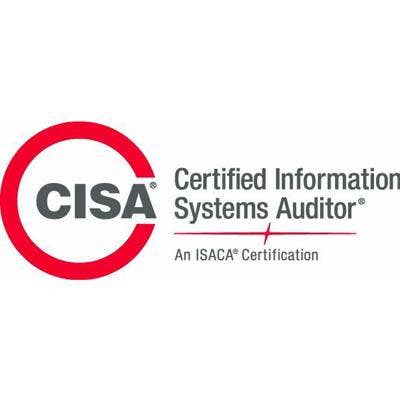
6. Certified Information Systems Auditor
According to the survey, holders of the Certified Information Systems Auditor (CISA) bring in an average salary of $113,320, up from $106,181 last year.
The CISA certification is designed to test a candidate’s ability to manage vulnerabilities, ensure compliance standards within IT and business, and propose controls, processes and updates to a company’s policies.
It is intended for people with auditing, controlling, monitoring or assessing responsibilities in the IT or business system ecosystem.
CISA dates back to 1978 and has been awarded to more than 115,000 people. It requires at least five years of IS auditing, control or security experience, as well as passing an exam that’s offered just three times per year.
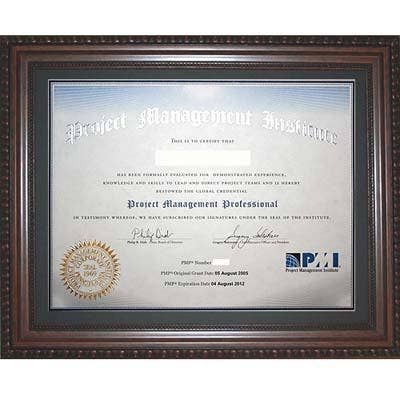
5. Project Management Professional
Holders of the Project Management Professional (PMP) certificate, the survey said, bring in an average salary of $116,094, up from $109,405 last year.
The PMP certification exam tests five areas relating to the life cycle of a project: initiating, planning, executing, monitoring and controlling, and closing. It is intended for running any type of project and is not specialized by industry.
To become certified, 35 hours of PMP-related training is required, along with 7,500 hours of project management experience without a bachelor’s degree or 4,500 hours of project management experience with a bachelor’s degree or higher.
It is the most recognized project management certification available, with more than 658,000 PMPs around the globe.
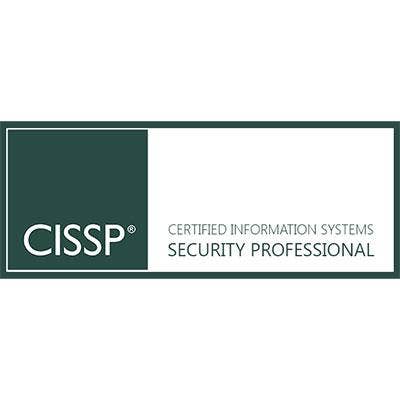
4. Certified Information Systems Security Professional
According to the survey, holders of the Certified Information Systems Security Professional (CISSP) bring in an average salary of $121,923, up from $110,603 last year.
CISSP is intended to provide vendor-neutral security expertise and consists of an exam based around security and risk management, communications and network security, software development security, asset security, security engineering, identity and access management, security assessment and training, and security operations.
CISSP candidates must earn Continuous Professional Education (CPE) credits every year to remain certified. They must also have at least five years of full-time experience in at least two of the eight computer security areas tested.
There are nearly 104,000 CISSPs worldwide, with approximately two-thirds of them in the United States.
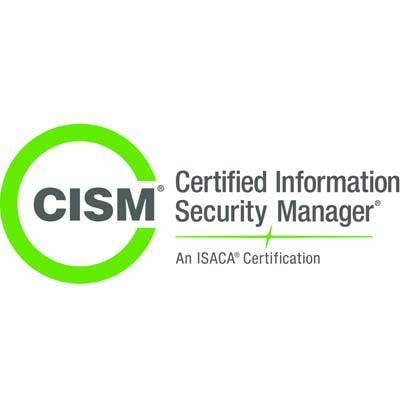
3. Certified Information Security Manager
Holders of the Certified Information Security Manager (CISM) bring in an average salary of $122,291, the survey found, up from $118,348 last year.
CISM is aimed at management and focuses on security strategy and assessing the systems and policies in place. It is not intended for IT professionals and others who are actually responsible for the implementation of policies using a particular vendor’s platform.
The certification requires at least five years of IS experience, with at least three of those as a security manager. More than 27,000 people have been certified in CISM since it was introduced in 2002. The exam is only offered three times a year.
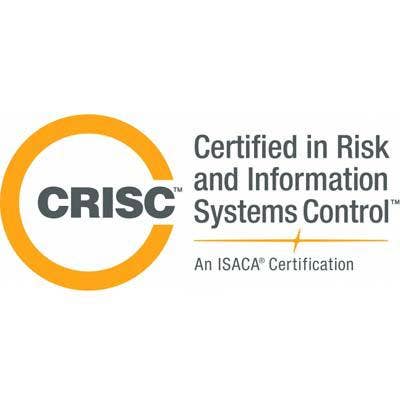
2. Certified In Risk and Information Systems Control
Holders of the Certified in Risk and Information Systems Control (CRISC) certification bring in an average salary of $122,954, according to the survey, up from $119,227 last year.
The CRISC certification is designed for IT professionals, project managers and others who identify and manage risks through appropriate information systems controls, covering the entire life cycle from design to implementation to ongoing maintenance.
To obtain the CRISC certification, one must pass the exam – which is only offered twice a year – and have at least three years’ experience in at least two of the four areas the certification covers.
More than 18,000 people worldwide have earned the CRISC certification since the credential was introduced in 2010.

1. AWS Certified Solutions Architect – Associate
Holders of the AWS Certified Solutions Architect - Associate bring in an average salary of $125,871, according to the survey, up from $114,935 last year.
The baseline certification was introduced in mid-2013 and is intended for people with experience distributing applications and systems on the AWS platform.
The certification addresses topics such as designing on AWS, selecting the appropriate AWS services for a situation, ingress and egress of data to and from AWS, estimating AWS costs and identifying cost control measures.
AWS has rolled out four additional certifications since it introduced the Certified Solutions Architect – Associate. Each brought in an average salary of more than $100,000, according to Global Knowledge, but none received enough responses to make the list.